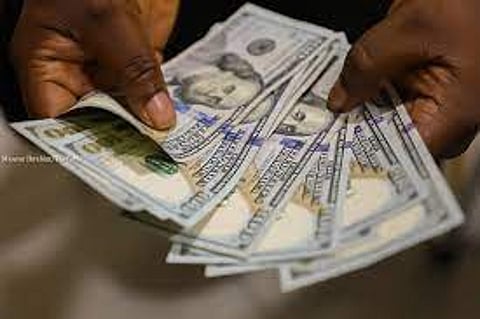

According to a report from the Central Bank of Nigeria (CBN), the external reserves rose from $36.305 billion to $36.730 billion, marking a 1.17% increase over the 11-day period.
The external reserves are vital for stabilizing the naira, financing imports, and managing external financial obligations. They consist of foreign-denominated assets held by the central bank to support its liabilities and guide monetary policy.
Despite this overall rise, there was a brief decline observed on September 2, when reserves dipped to $36.244 billion, a decrease of $61 million.
However, a recovery was noted shortly after, with reserves rebounding to $36.274 billion on September 3, an increase of $30 million. By September 4, the reserves returned to their level from August 30, reaching $36.304 billion.
The upward trend continued, with reserves climbing to $36.337 billion on September 5, an increase of $33 million. A more significant gain occurred on September 6, where reserves grew by $55 million to $36.392 billion.
The most substantial increase happened between September 6 and September 9, with reserves surging by $250 million to $36.642 billion. This growth persisted, culminating in a further increase of $88 million by September 10.
